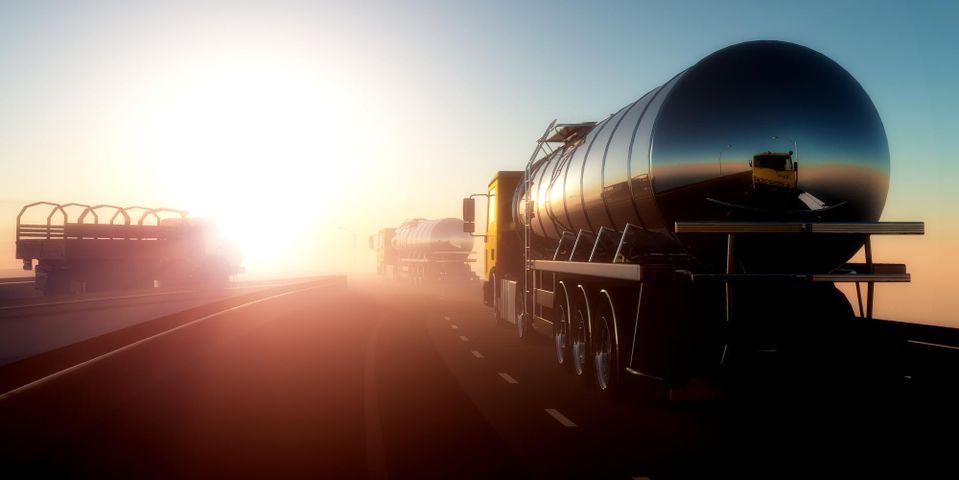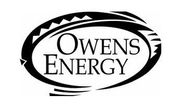
From heating homes and cooking meals to providing fuel for cars, propane has many uses. This hydrocarbon is a green alternative to traditional power sources such as gas and petroleum. However, there are still some misconceptions about propane and its effects on the environment. The helpful guide below will clear up some of the most popular myths.
What to Know About Alternative Fuel & the Environment
1. Fewer Toxic Emissions
Thanks to a smaller carbon makeup, propane emits a smaller amount of emissions compared to other fuels. Other hazardous gases such as greenhouse and carbon monoxide are also minimized to help keep the air less toxic. When propane is burned, the combustion process actually produces energy that is cleaner and more environmentally friendly.
2. Nontoxic Leaks
 Coal plants were one of the causes of acid rains that led to the release of dangerous contaminants in the air and underground. Propane has been deemed nontoxic, and its use does not put areas at risk for dangerous gas leaks. Unlike gas tanks buried underground that can leak and cause an environmental emergency, propane tanks aren’t behind these community hazards.
Coal plants were one of the causes of acid rains that led to the release of dangerous contaminants in the air and underground. Propane has been deemed nontoxic, and its use does not put areas at risk for dangerous gas leaks. Unlike gas tanks buried underground that can leak and cause an environmental emergency, propane tanks aren’t behind these community hazards.
3. Water & Soil
Propane won’t harm water supplies or soil if a spill occurs. That’s because the fuel source has non-caustic and non-toxic properties that aren’t dangerous to green spaces. In the rare event that propane tanks accidentally catch on fire, the smoke and vapors don’t contain toxins that can harm the environment.
Owens Energy in Show Low, AZ, has been the area’s premier provider of propane products and services for more than a decade. You can count on the team of expert technicians for professional installation, maintenance, and repairs on a variety of makes and models. If you’re seeking a green fuel alternative for your home or business, call (928) 537-8900 to speak to a friendly consultant. You can also get additional details online about the firm’s background.
About the Business
Have a question? Ask the experts!
Send your question

